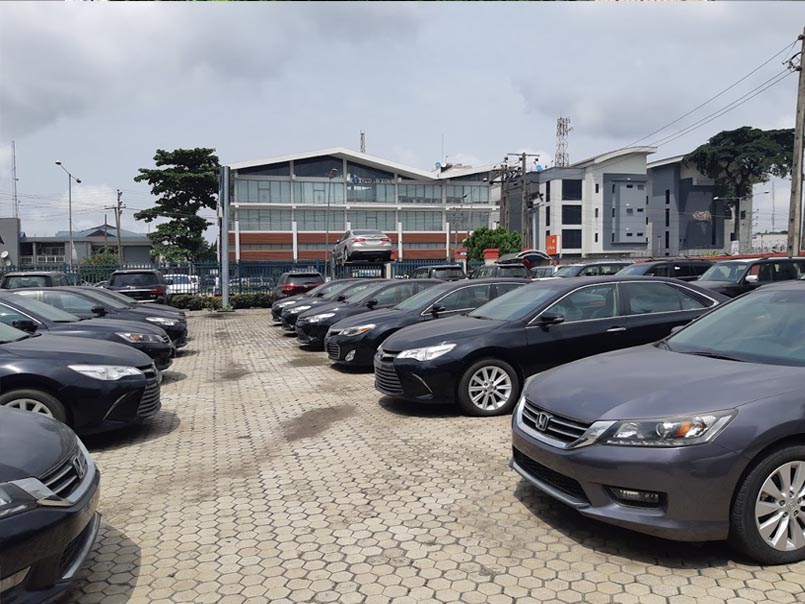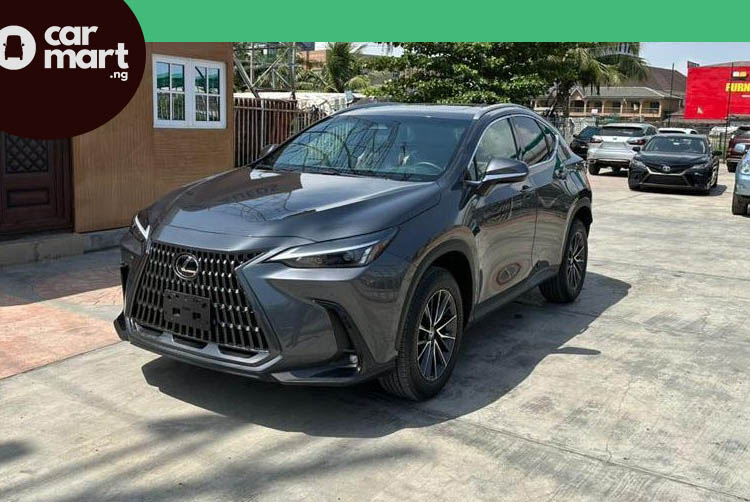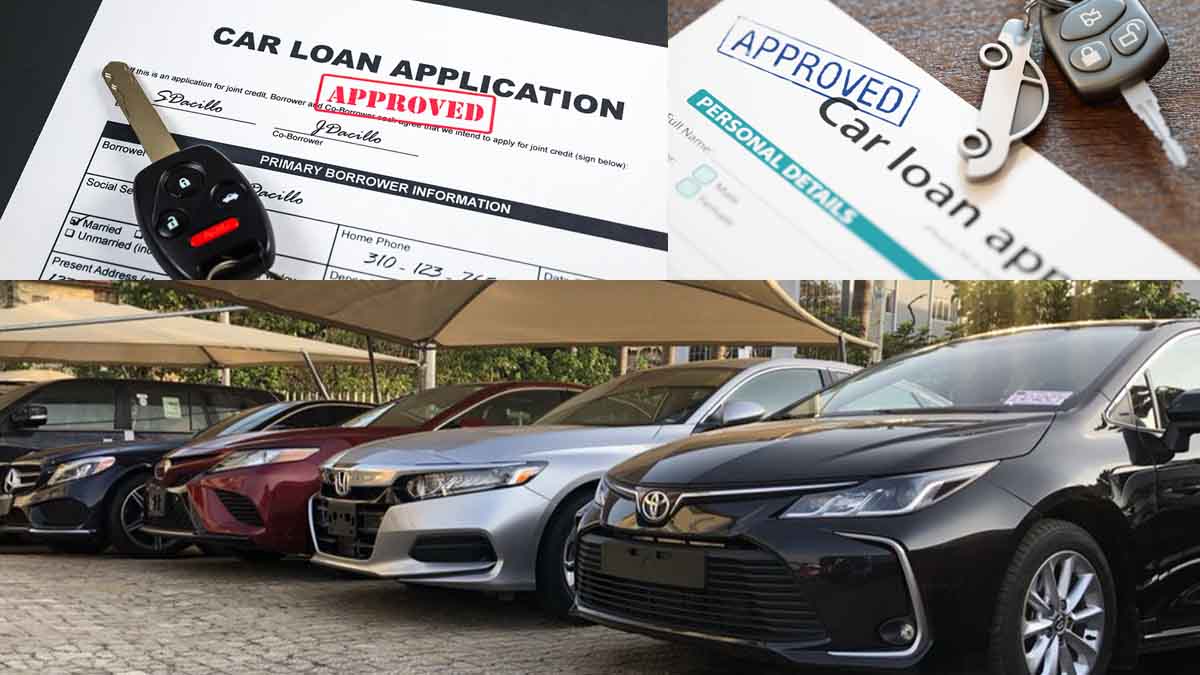It’s a given that Nigerians adore their cars. They value their new vehicle so highly that they are prepared to spend more than N150,000 a month to use it. Nigerian car loan debt has reached over a billion naira, and the typical monthly payment for a new car is over N50,000.
Table of Contents
Loan amounts have also been continuously increasing for years; thus, this issue isn’t limited.
Buy top trending Car accessories in Lagos and Original Korea Battery now Check @carfanzy Lagos on Instagram
What Is the Typical Monthly Vehicle Payment Currently?
The typical monthly payment for new car loans has reached N100,000 per month.
But what are the primary causes of the growing average monthly car payment? The cost of new cars has been continuously rising over the past few years, which is the key factor driving up the average monthly car payment. In addition to these developments, customers are increasingly refinancing their existing auto loans, which raises the total amount borrowed and the average monthly payment.
If the average monthly car payment in Nigeria is over N150,000, then a large number of people have monthly car payments of N300,000 and N500,000. Some claim that the auto loan market, not the housing market, will experience the next major crash because more and more people are taking on debt to pay for their auto loans. However, what exactly goes into a monthly auto payment?
How much does a monthly vehicle payment cost?
The loan amount for a car payment is the sum that is still owed after taking into account the down payment and trade-in credit for your old vehicle.
The loan’s length, which is commonly indicated in months, determines how long you have to pay it back.
Interest Rates: The amount of interest you must pay on the loan balance each month will depend on the interest rate of the car payment.
The following are the causes of the average monthly car payment:
- Increasing car prices
The cost of cars has been gradually rising, which is the main cause of the average monthly car payments rising over time. The average cost of a new car has risen from around N8,000,000 to over N25,000,000 in recent years.
People typically need to take out larger car loans as a result of increased auto prices in order to afford a new vehicle. Depending on how long the loan’s terms are, your car payment will increase the more money that needs to be financed.
- Paying Down Debt Balances
People aren’t paying off their prior auto loan before getting a new one, which is another factor contributing to the growth in average monthly automobile payments. You will be required to roll over or transfer the remaining balance from your old auto loan to your new one if you don’t pay it off in full.
As a result, they frequently owe more on their automobile loan than the vehicle is truly worth. In a culture where everything must be obtained immediately, this kind of thinking is becoming increasingly prevalent. There is a belief that even if you are unable to pay for something now, you will eventually be able to. Overall, this is a poor way of thinking.
- Increasing Interest Rates
The recent increase in interest rates has contributed to the general increase in the cost of car payments. You will pay more for the vehicle over the course of the loan, the higher the interest rate.
What kind of interest rate you receive on a car loan will mostly depend on your credit score. You are more likely to make your payments on time and repay the loan if your credit score is higher. This indicates that the lower the interest rate you can anticipate from banks and other lenders, the higher your credit score.
When interest rates increase, you can expect the interest rates on auto loans to also increase, regardless of whether you are in the prime or subprime credit score range. While your credit score definitely has a factor in what sort of rate you can get with an auto loan, so does the general economy. If the economy is doing well, the Federal Reserve will start to raise the interest rates it charges to borrow money.
- Modern auto technology
The quantity of new safety technology that new automobiles are being outfitted with is one of the main contributors to the increase in new car prices. Modern safety features like automatic emergency braking, blind-spot monitoring systems, and lane-keeping assist raise the price of new cars overall.
More airbags are being added to cars so that passengers can be protected in an accident. Any new airbag systems added to automobiles will increase the cost. Although this new technology serves the interests of automobile buyers best, it has undoubtedly contributed to the recent increase in new car prices.
Safety features aren’t the only reason that new car prices are on the rise. New technology like touch screens and digital dashes is also one reason why new car prices are going up. Lighting technology like LED headlights and bi-xenon headlights is also pushing the prices of new cars up.
As a result, The price of new cars has increased over the past ten years for a variety of reasons. For the past few years, new car prices have risen. Due to the thriving economy, interest rates have also increased.
Lenders of auto loans have started to become less selective about who they will lend money to since the previous financial crisis. This implies that more people can now obtain auto loans in cases where the bank might not have previously accepted them.
Have 1 million naira and above to Buy or Sell Cars In Nigeria? Check Carmart.ng RIght Now
All rights reserved. Reproduction, publication, broadcasting, rewriting, or redistribution of this material and other digital content on carmart.ng is strictly prohibited without prior express written permission from Carmart Nigeria - Contact: [email protected]
Stay informed and ahead of the New Car info! Follow The Carmart Blog on WhatsApp for real-time updates, Cheap Cars, and Latest new car content. Don't miss Any –
Join The Carmart Blog Channel







